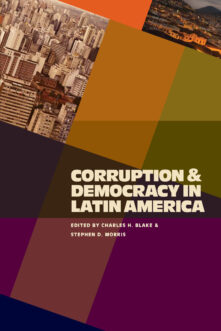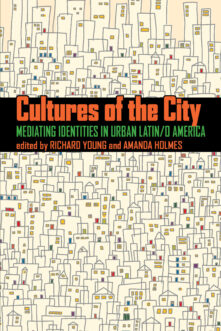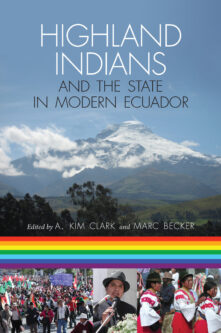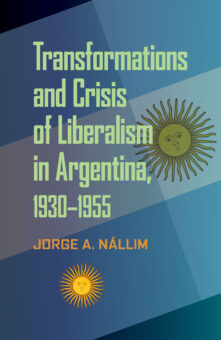Books
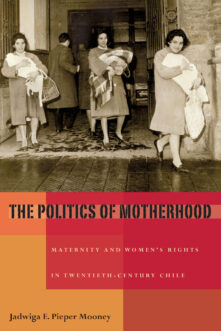
The Politics of Motherhood
Maternity and Women's Rights in Twentieth-Century Chile
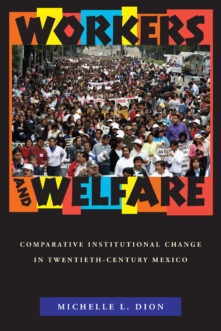
Workers and Welfare
Comparative Institutional Change in Twentieth-Century Mexico
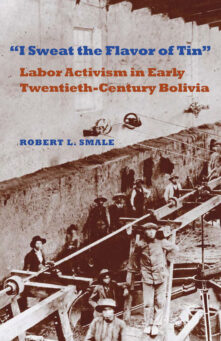
I Sweat the Flavor of Tin
Labor Activism in Early Twentieth-Century Bolivia
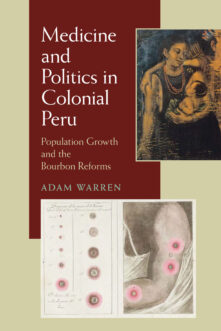
Medicine and Politics in Colonial Peru
Population Growth and the Bourbon Reforms
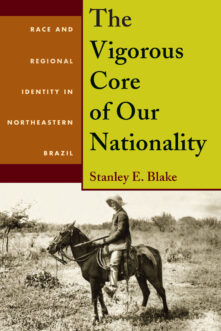
The Vigorous Core of Our Nationality
Race and Regional Identity in Northeastern Brazil
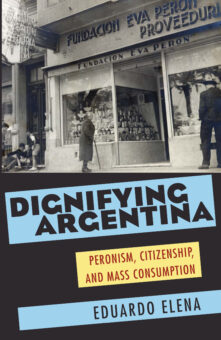
Dignifying Argentina
Peronism, Citizenship, and Mass Consumption
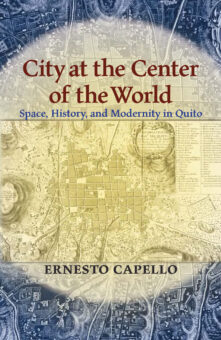
City at the Center of the World
Space, History, and Modernity in Quito
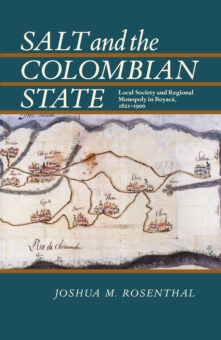
Salt and the Colombian State
Local Society and Regional Monopoly in Boyaca, 1821-1900
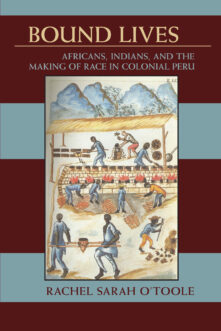
Bound Lives
Africans, Indians, and the Making of Race in Colonial Peru
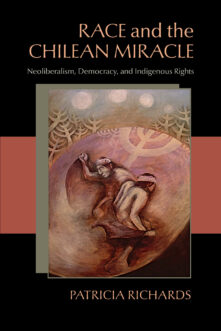
Race and the Chilean Miracle
Neoliberalism, Democracy, and Indigenous Rights
Total 113 results found.


